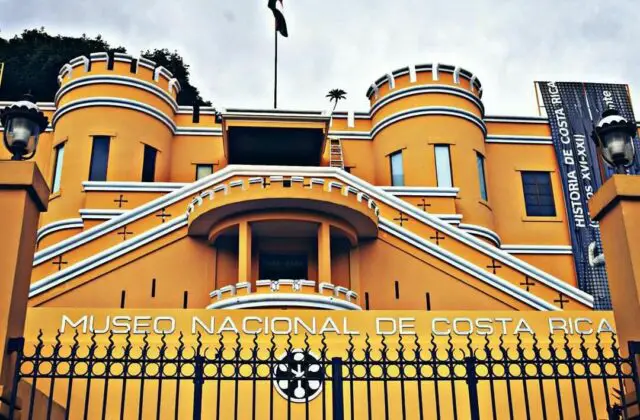A Costa Rican woman was key in the process of building a new definition of museums in the world, which was approved by the Extraordinary General Assembly of the International Council of Museums (ICOM).
This is Lauran Bonilla-Merchav, who is the co-chair of the committee that was in charge of the proposal approved this past Wednesday at the assembly that took place in Prague, Czech Republic. The new concept includes terms like “accessible”, “inclusive” and “sustainability” in the work that museums do. The last time the definition was changed was in 2007.
Lauran, who is a doctor in Art History and a professor at the University of Costa Rica (UCR), became part of the team that joined ICOM in 2015 for a new definition of museum. At that time she was the only representative from Latin America.
In 2019, a proposal was presented at the assembly that took place in Kyoto, Japan, but was rejected. Then, in 2020, the pandemic and a restructuring process came at ICOM and that is how she was appointed as co-chair of the committee that worked on the proposal for a new definition.
Unified again
“The most beautiful thing about this whole process is that, within the success of this process and the fact that it has just been approved, it feels like the museum profession around the world is being unified again, because it felt very fractured after what It happened in Kyoto in 2019,” Bonilla-Merchav said.
Bonilla-Merchav explained that this is not a dictionary definition, but rather helps museums to set the course of their work and direct the work they already carry out. “Decades ago, museums have been more involved in social problems, which was not reflected in the old definition,” he commented.

The biggest professional challenge of her life
“For me it has been the biggest professional challenge of my life. This is a job that one does voluntarily and it has been a labor of passion. One does this volunteering out of love and the desire to make a change”, emphasized the historian.
Now, the task will be to work on getting museums to implement the new concept. For example, the United Nations Educational, Scientific and Cultural Organization (Unesco) uses that definition given by ICOM to museums.

For those who have experienced shifts in consciousness and know that more peace, joy, and love awaits in a better living environment. A bold shared vision. A living community and hub for innovation. A sustainable ecosystem for living and working. A model for the new future.
